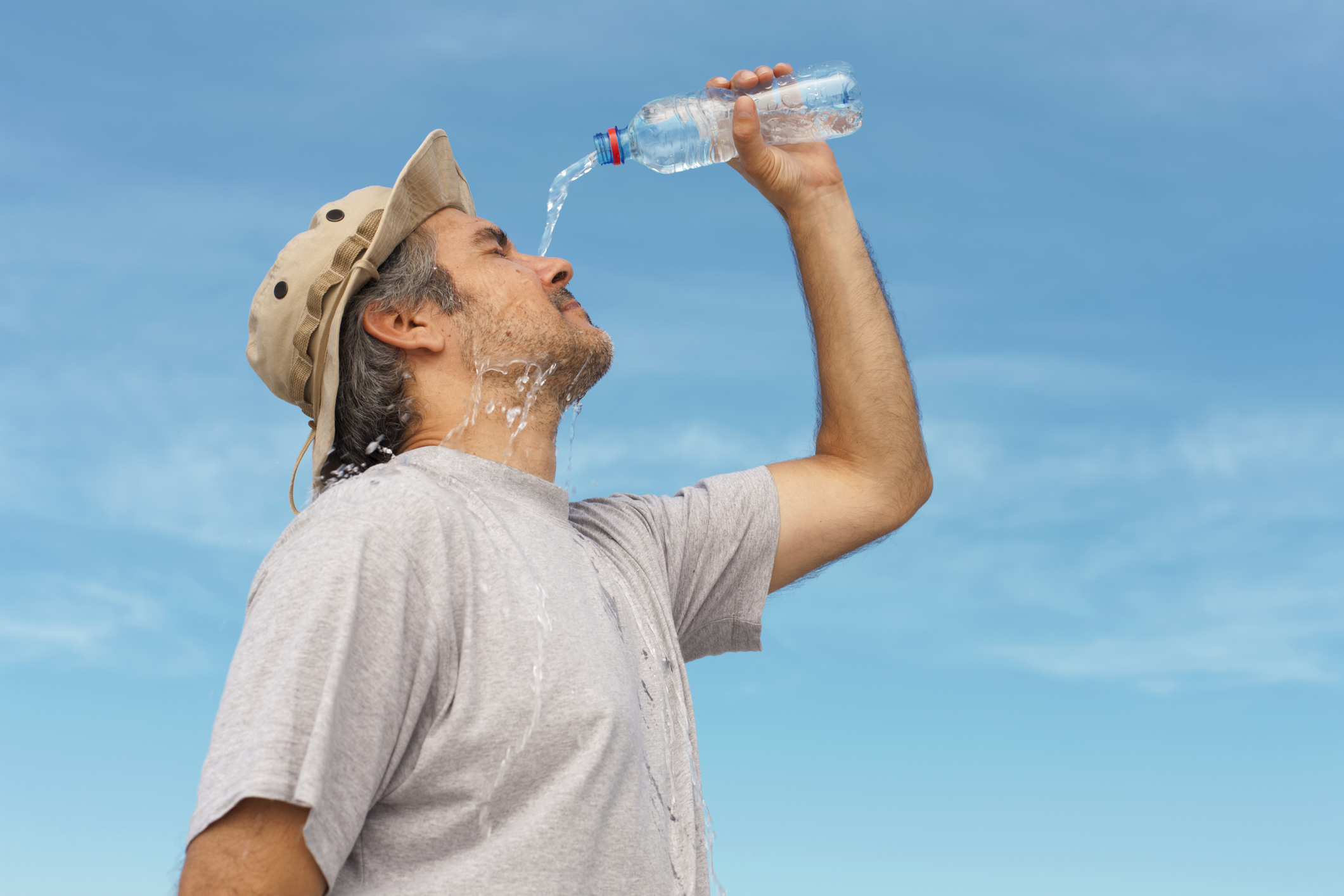K-State health expert says extreme heat puts mental health at risk, too

Take time to breathe and address things in your control, Johannes says
In the midst of discussions about changes in weather patterns across the world, a topic that is rarely considered is mental health.
That, says health professional Elaine Johannes, is a mistake.
“For a number of years, the American Psychological Association has done quite a bit of reporting on what extreme heat does to us and how we respond to extreme heat,” said Johannes, the Kansas Health Foundation’s Distinguished Professor of Community Health at Kansas State University.
“As humans, we seem to be more irritable if we aren’t acclimating or not coping well with heat. We may also have some cognitive changes in abilities, or lose our ability to think straight. And, we may isolate ourselves.”
Johannes noted that the APA’s 2023 report includes information about a study that tracked test scores of college students who did not have air conditioning in their residence halls. It was not a surprise, she said, that their test scores suffered.
“The Surgeon General of the United States released a report in late 2023 about the epidemic of social isolation,” Johannes said. “Studies continue to reveal that social isolation related to climate and extreme weather can negatively impact our physical and mental health.”
“If we are living in extreme heat conditions, we tend to not want to be around other people. When we look at those data trends, here in the Midwest (and other parts of the United States), we’re having longer, more severe heat spells, so if people don’t have access to air conditioning or don’t know where to go to stay cool, what are they going to do?”
Johannes said coping with extreme heat is especially important for children and older adults who may have problems regulating their core body temperatures, as well as those who take prescriptions (particularly for mental health conditions).
“When extreme heat persists, the more anxious we become, the less sleep we have, the less balance we may have in our diet and our daily routines, and the more apt we are to become irritable,” Johannes said. “If we become more irritable and our cognition – meaning our thinking – is impacted, then we may become aggressive or argumentative. I think we understand the potential for fights breaking out when everybody gets hot, frustrated and irritable.”
Johannes shared tips for coping with what she terms climate anxiety:
- Focus on what you can control. Understand when you’re starting to overheat, take action, seek shelter, drink fluids.
- Don’t overload your daily activity. If you have to be outside working or doing sports, plan ahead to manage and reduce your exposure to extreme heat.
- Have compassion for yourself and others. “Tamp down that irritability; take time to breathe,” said Johannes, who suggests a Box Breath: Take in four deep breaths, hold it to a count of four, then breathe out for a count of seven or eight.
“One of the things about being mindful of extreme heat conditions is that it allows you to take physical and mental breaks,” Johannes said. “Most news feeds tend to portray things as dire, especially around heat or weather disasters. We can’t diminish the great harm that climate-related disasters can do, but we can focus on the things we can do; take care of ourselves and others.”
A 2023 report from the American Psychological Association covering the impacts of extreme heat on mental health is available online.
A longer discussion with Johannes on the topic is available on the weekly radio program, Sound Living, produced by K-State Research and Extension.



